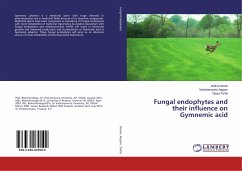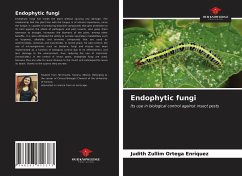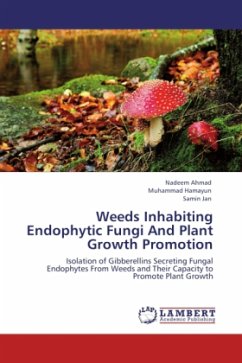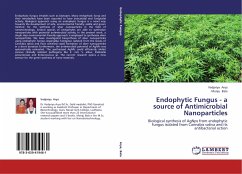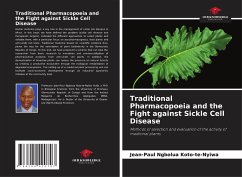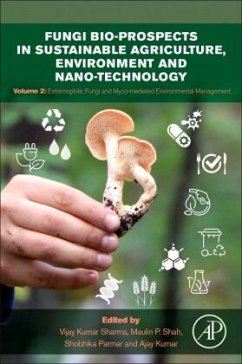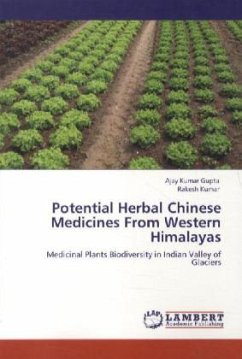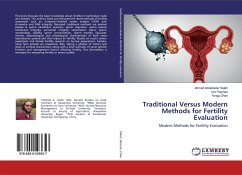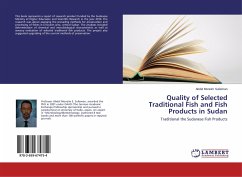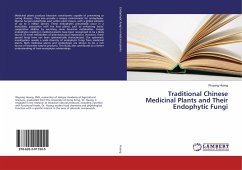
Traditional Chinese Medicinal Plants and Their Endophytic Fungi
Versandkostenfrei!
Versandfertig in 6-10 Tagen
49,99 €
inkl. MwSt.

PAYBACK Punkte
25 °P sammeln!
Medicinal plants produce bioactive constituents capable of preventing or curing illnesses. They also provide a unique environment for endophytes. Diverse fungal endophytes exist within plant tissues, with a global estimate of up to a million species. These endophytes presumably occur in a mutualistic association with the host plants, such as enhancing hosts' competitive abilities by excreting some bioactive metabolites. Fungal endophytes residing in medicinal plants have been recognized to be a likely source of novel metabolites of pharmaceutical importance. However, these special fungi have n...
Medicinal plants produce bioactive constituents capable of preventing or curing illnesses. They also provide a unique environment for endophytes. Diverse fungal endophytes exist within plant tissues, with a global estimate of up to a million species. These endophytes presumably occur in a mutualistic association with the host plants, such as enhancing hosts' competitive abilities by excreting some bioactive metabolites. Fungal endophytes residing in medicinal plants have been recognized to be a likely source of novel metabolites of pharmaceutical importance. However, these special fungi have not been systematically characterized. Our systematic investigation reveals a wide diversity of endophytic fungi from medicinal plants. Both medicinal plants and endophytes are shown to be a rich source of bioactive natural products. This study also contributes to a better understanding of host-endophyte relationships.



